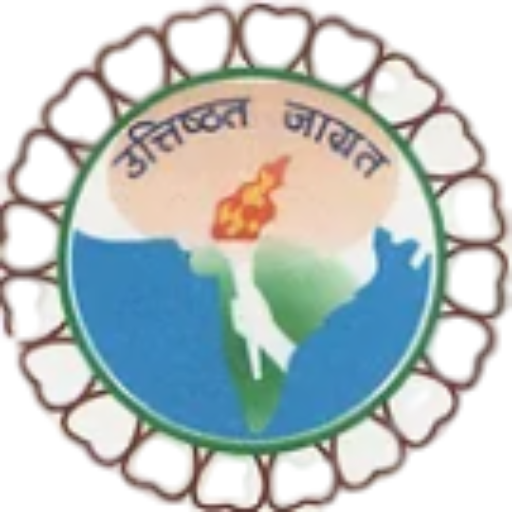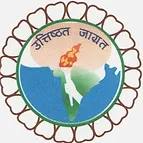Education
RJS organized a Seminar on ‘Urgency of Value Education & Primary of Girl Child’ on 13th August 1998 at New Delhi & a Round Table on ‘Higher Education Reforms’ on 27 Oct. 2014 at New Delhi
Education is a basic need for everyone in the modern day to live a good life. It plays an important role in enabling us to use technological systems and services. Well educated people can take up different jobs and become successful in life. Without a good education, one will lose out on the opportunity to earn well. Education is the medium that gives us the skills, techniques, information and knowledge to know, understand and respect the duties we have towards our society, families and nation. Therefore, the magnitude of the importance of education in life is huge as well as multifold.
Three main types of education, namely, Formal, Informal and Non-formal. Education or formal learning usually takes place in the premises of the school, where a person may learn basic, academic, or trade skills.
Education is a human right, a powerful driver of development, and one of the strongest instruments for reducing poverty and improving health, gender equality, peace, and stability. It delivers large, consistent returns in terms of income, and is the most important factor to ensure equity and inclusion. For individuals, education promotes employment, earnings, health, and poverty reduction.
Values Education is an essential element of whole-person education which aims at fostering students’ Proper values and attitudes through the learning and teaching of various Key Learning Areas/subjects and the provision of relevant learning experiences. On this ground, it is to develop students’ ability to identify the values embedded, analyse objectively and make reasonable judgement in different issues they may encounter at different developmental stages so that they could take proper action to deal with the challenges in their future life.
A sound education is not just about studying mathematics, science, social studies, etc. Value education must be an integral part of any education system. Value education is concerned with teaching students moral and ethical values such that they shape into ideal social citizens. Aspects such as honesty, integrity, mutual respect, empathy, etc are values that need to be imbibed in any student through value education at school.
Values are better instilled from early childhood so that they become second behaviour for children. Delivering value education is not a job which can be left to the schools to deliver. Value education at home should be an integral component of parenting.
Girls’ Education goes beyond getting girls into school. It is also about ensuring that girls learn and feel safe while in school; have the opportunity to complete all levels of education, acquiring the knowledge and skills to compete in the labor market; gain socio-emotional and life skills necessary to navigate and adapt to a changing world; make decisions about their own lives; and contribute to their communities and the world.
Challenges for Girl’s Education
Gender bias within schools and classrooms may also reinforce messages that affect girls’ ambitions, their own perceptions of their roles in society, and produce labor market engagement disparities and occupational segregation.
Poverty is one of the most important factors for determining whether a girl can access and complete her education.
Violence also prevents girls from accessing and completing education – often girls are forced to walk long distances to school placing them at an increased risk of violence and many experience violence while at school.
Child marriage is also a critical challenge. Girls who marry young are much more likely to drop out of school, complete fewer years of education than their peers who marry later.
Tertiary Education refers to all formal post-secondary education, including public and private universities, colleges, technical training institutes, and vocational schools. Tertiary education is instrumental in fostering growth, reducing poverty, and boosting shared prosperity. A highly skilled workforce, with lifelong access to a solid post-secondary education, is a prerequisite for innovation and growth: well-educated people are more employable and productive, earn higher wages, and cope with economic shocks better.
Tertiary education benefits not just the individual, but society as a whole. Graduates of tertiary education are more environmentally conscious, have healthier habits, and have a higher level of civic participation. Also, increased tax revenues from higher earnings, healthier children, and reduced family size all build stronger nations. In short, tertiary education institutions prepare individuals not only by providing them with adequate and relevant job skills, but also by preparing them to be active members of their communities and societies.


